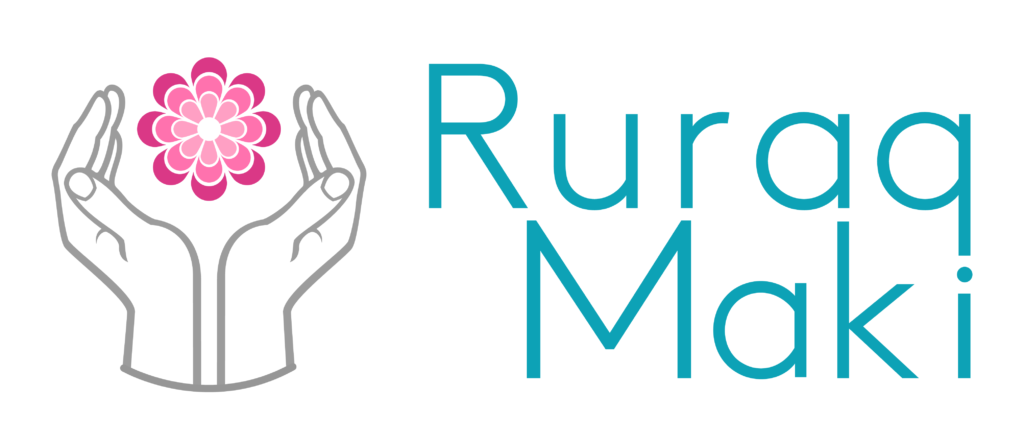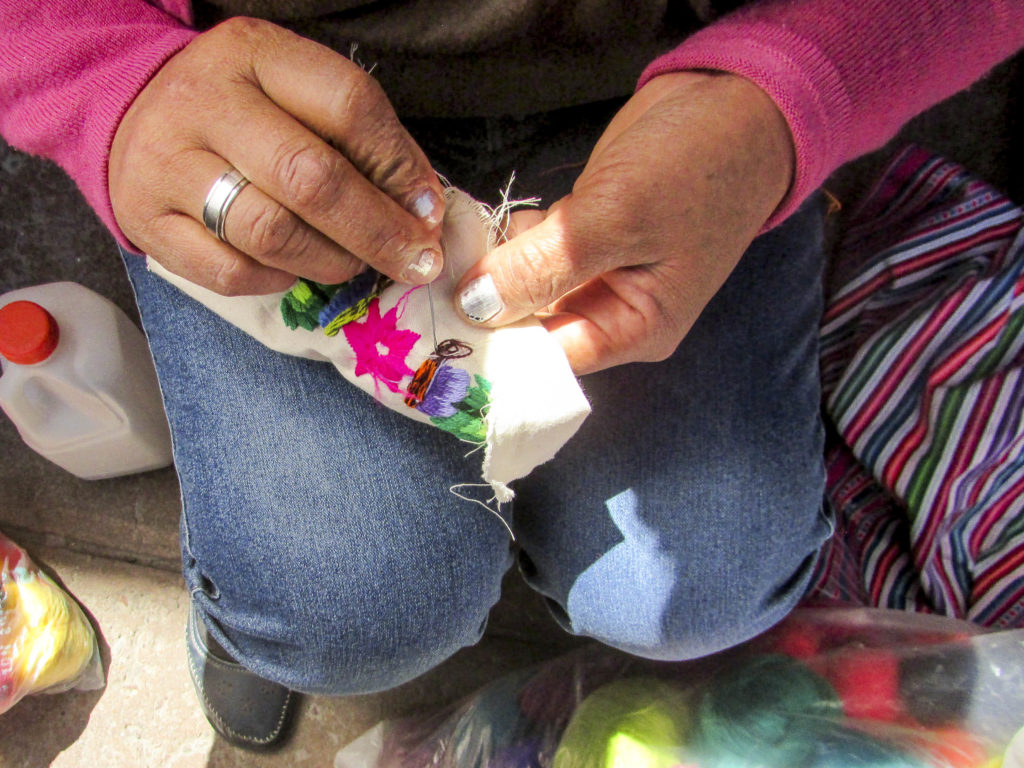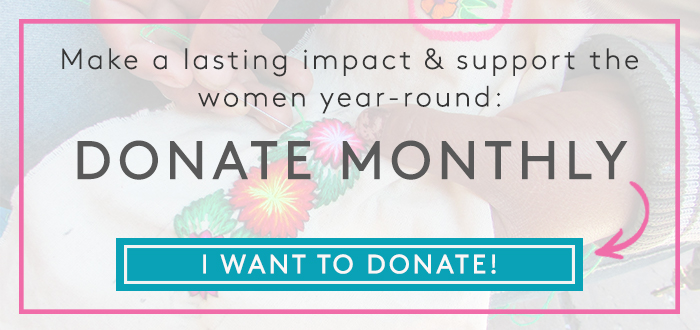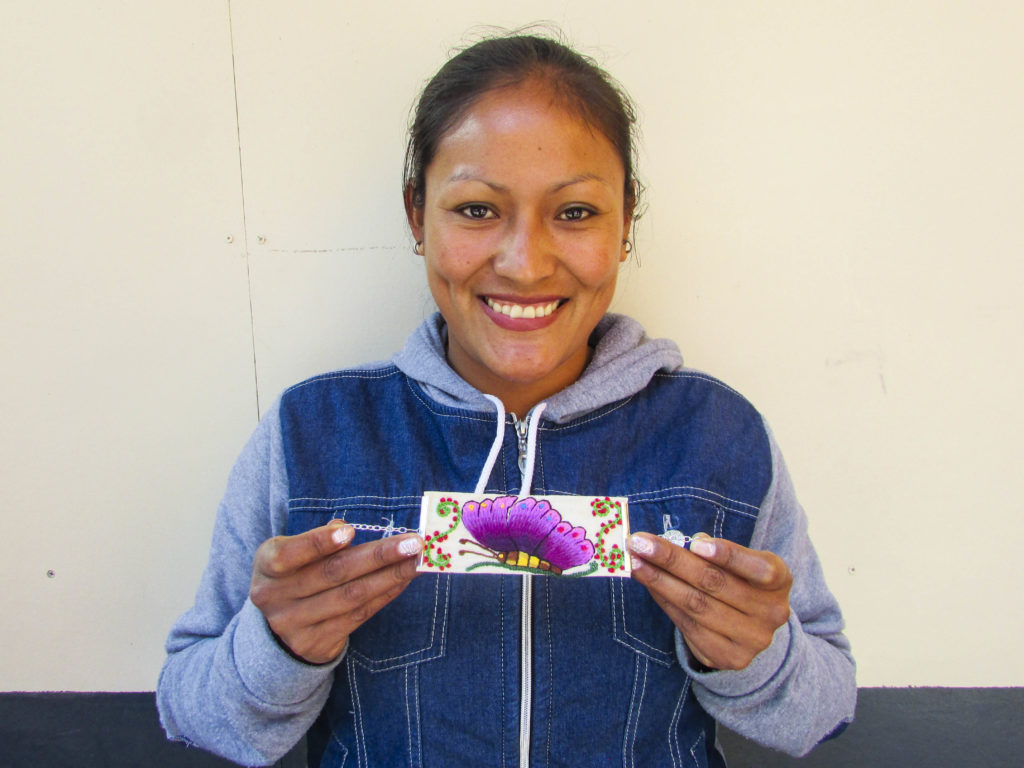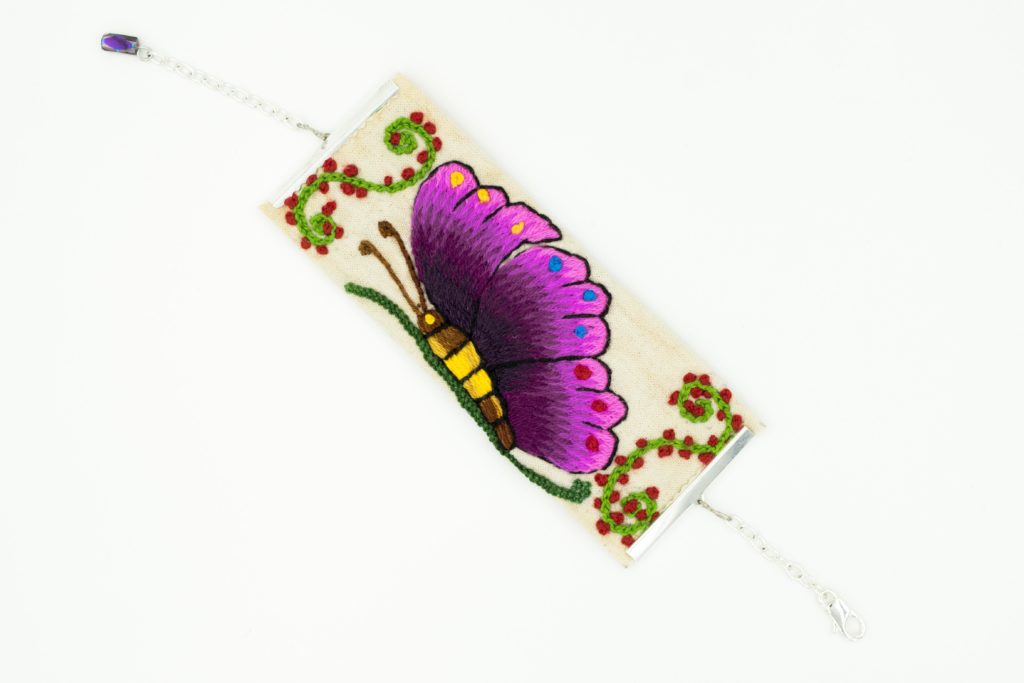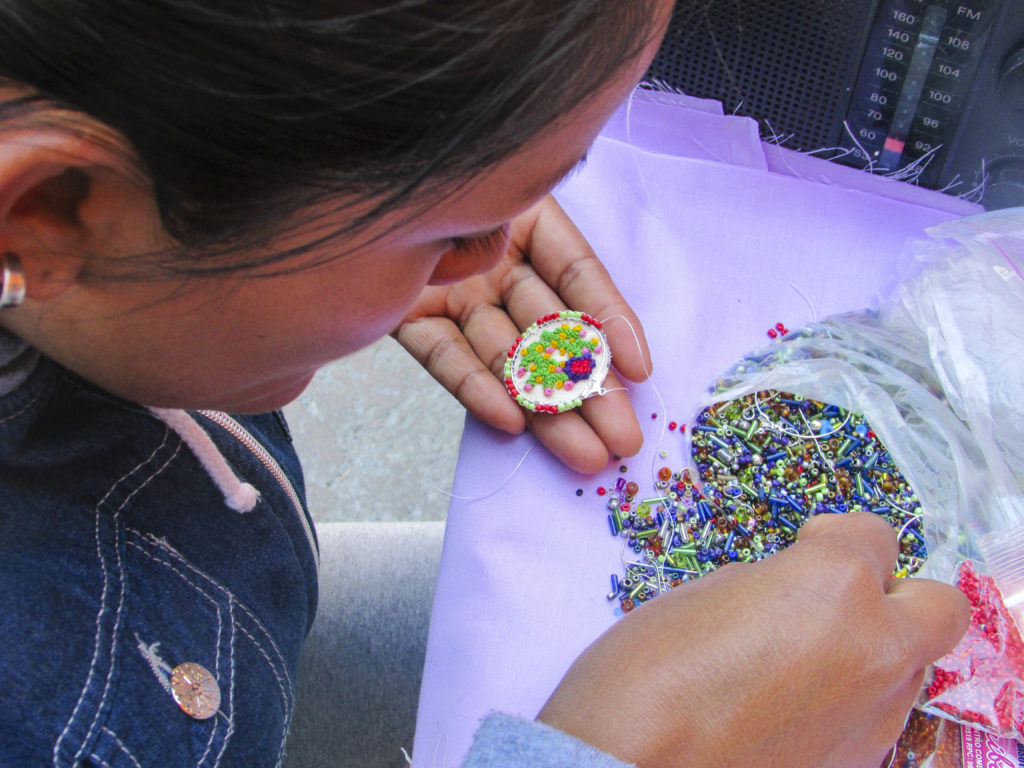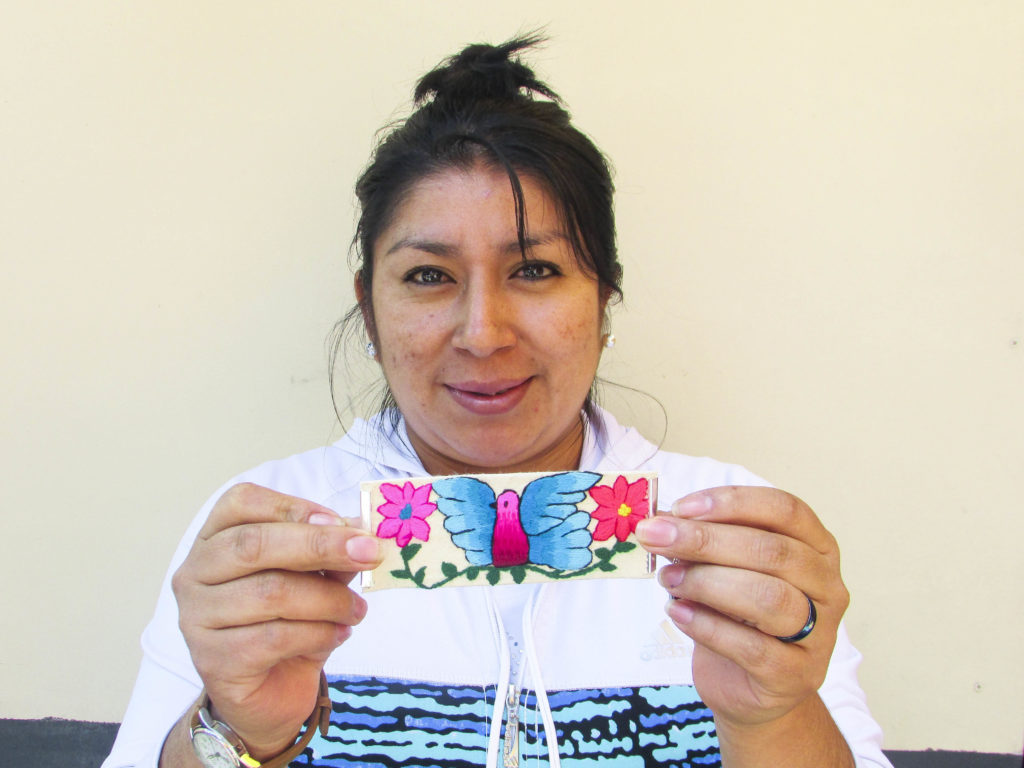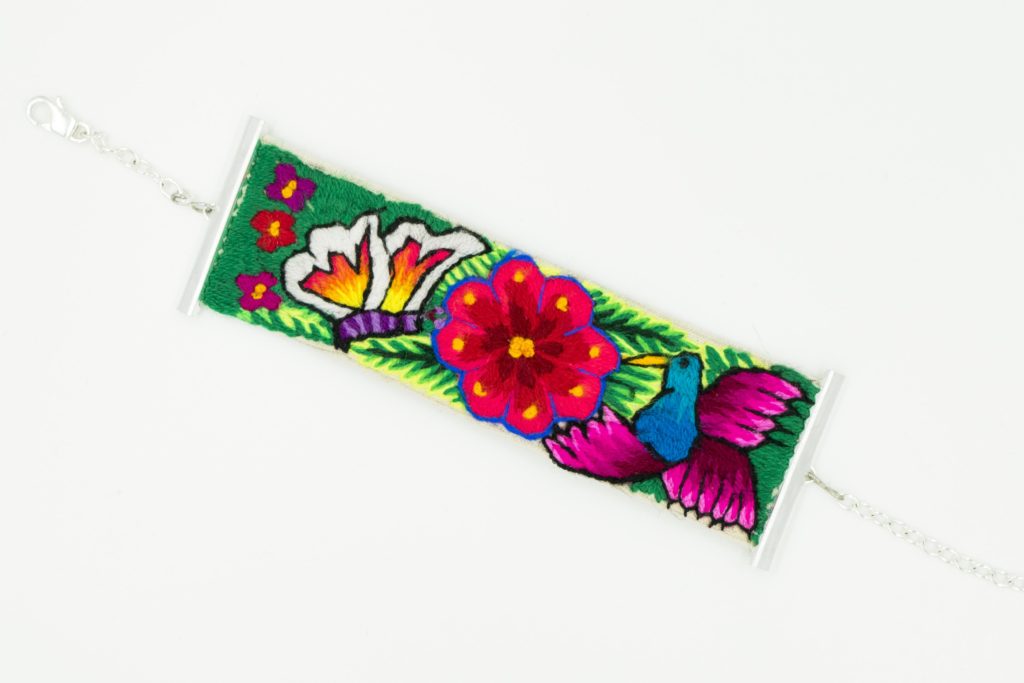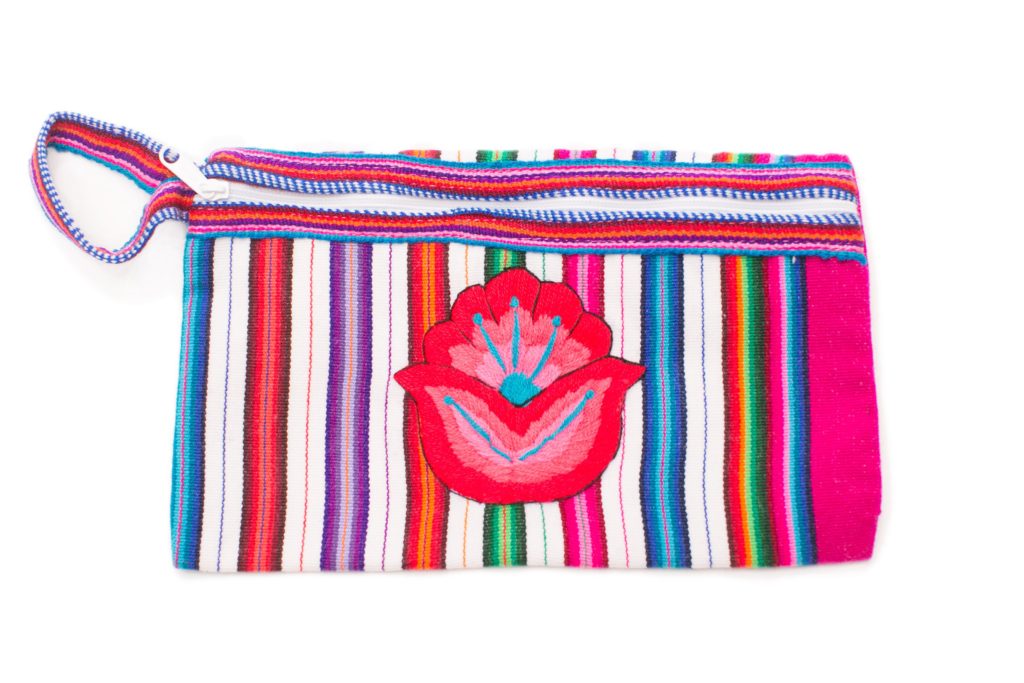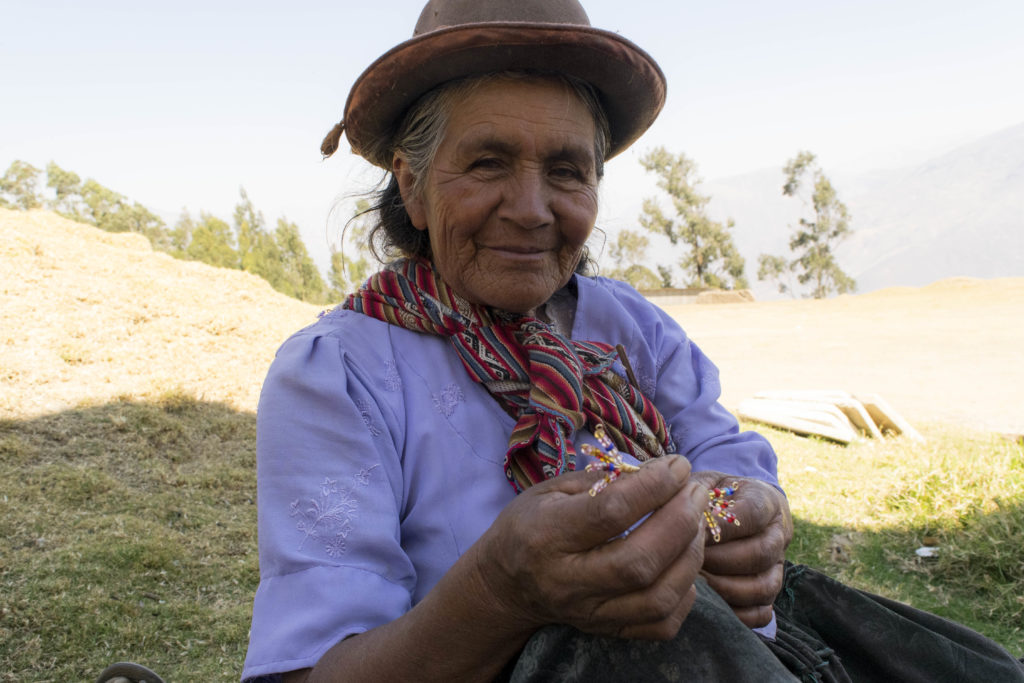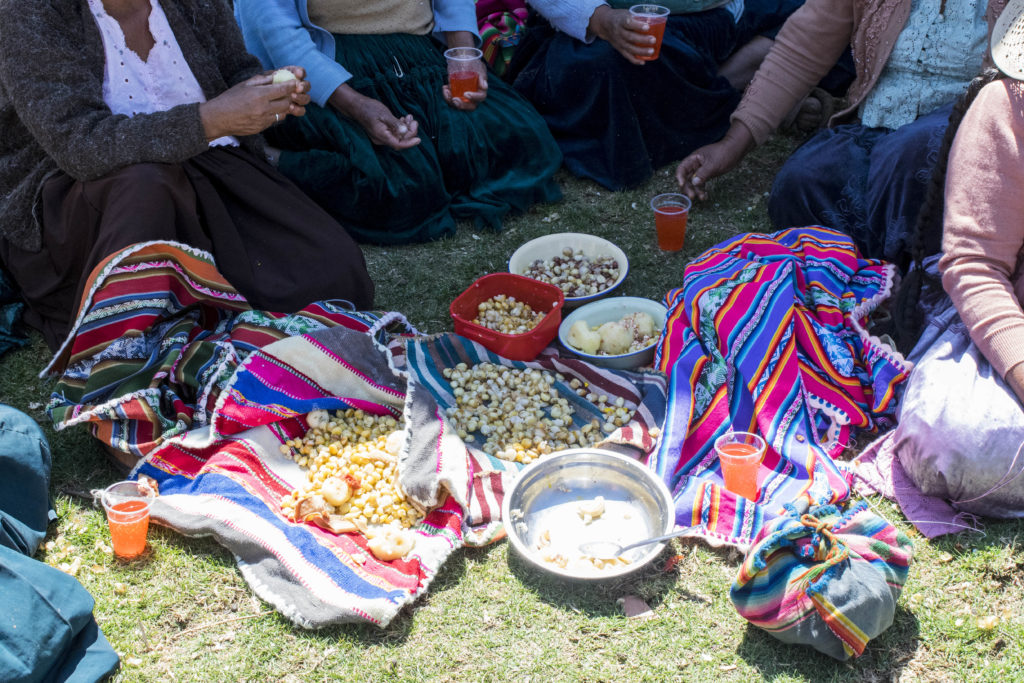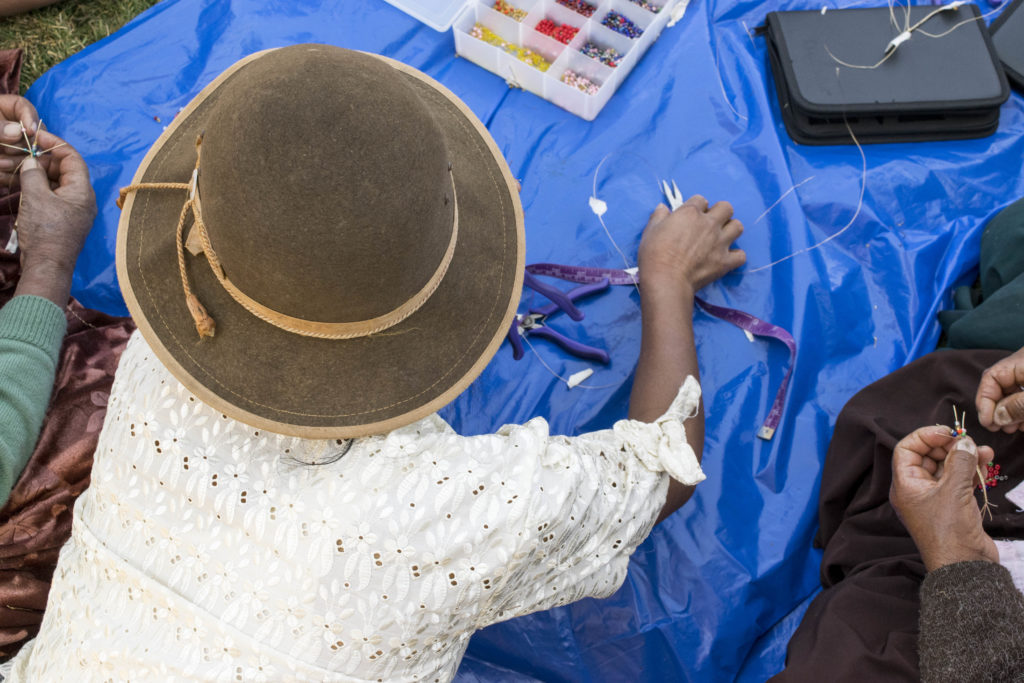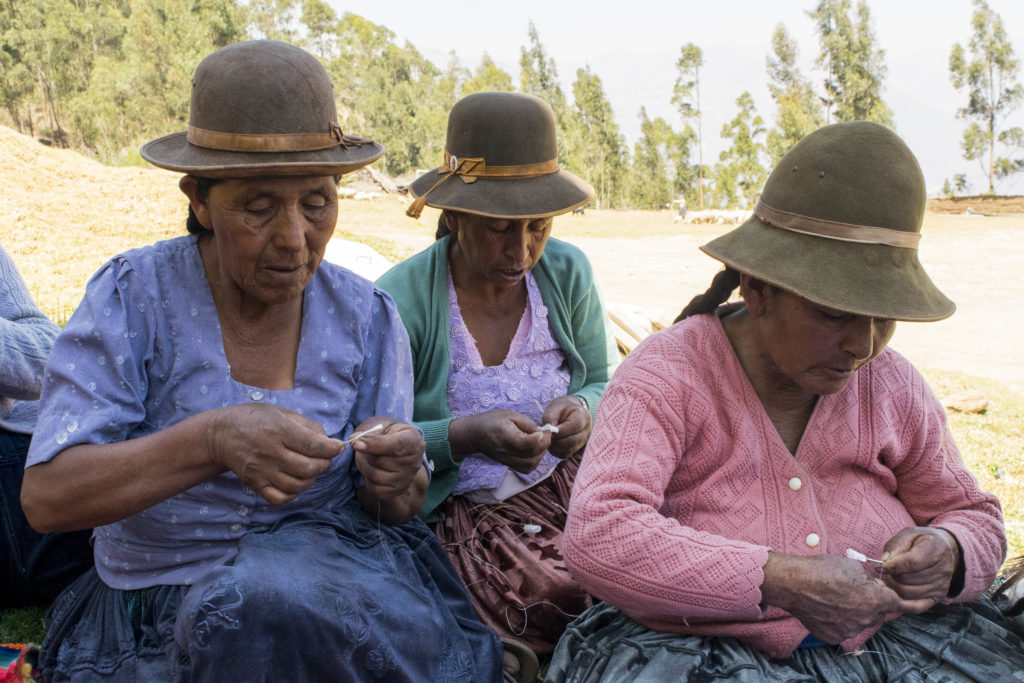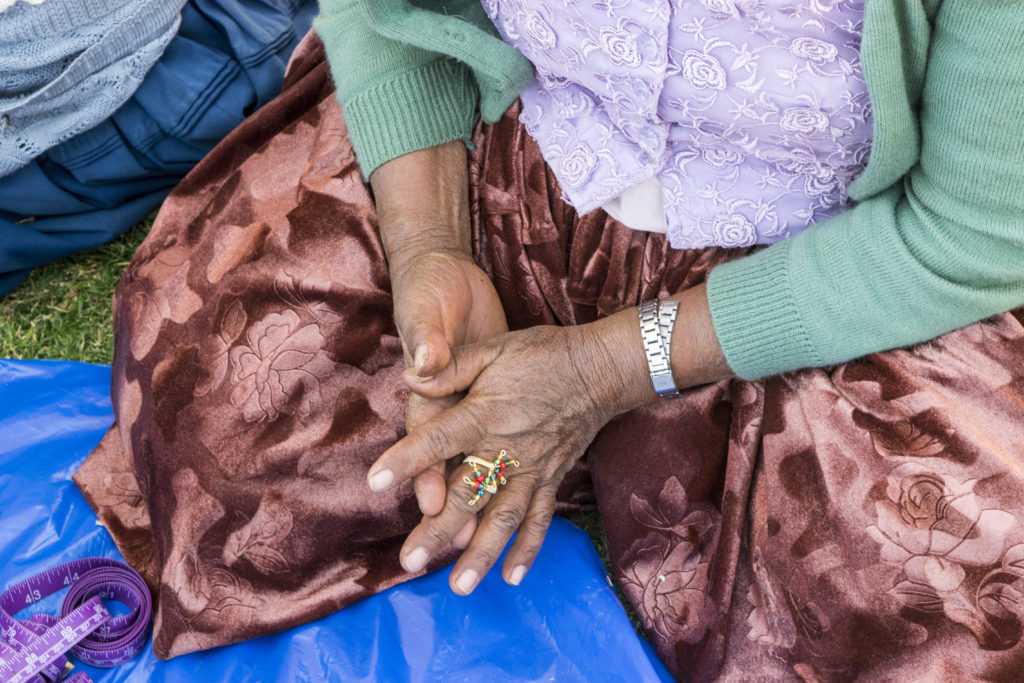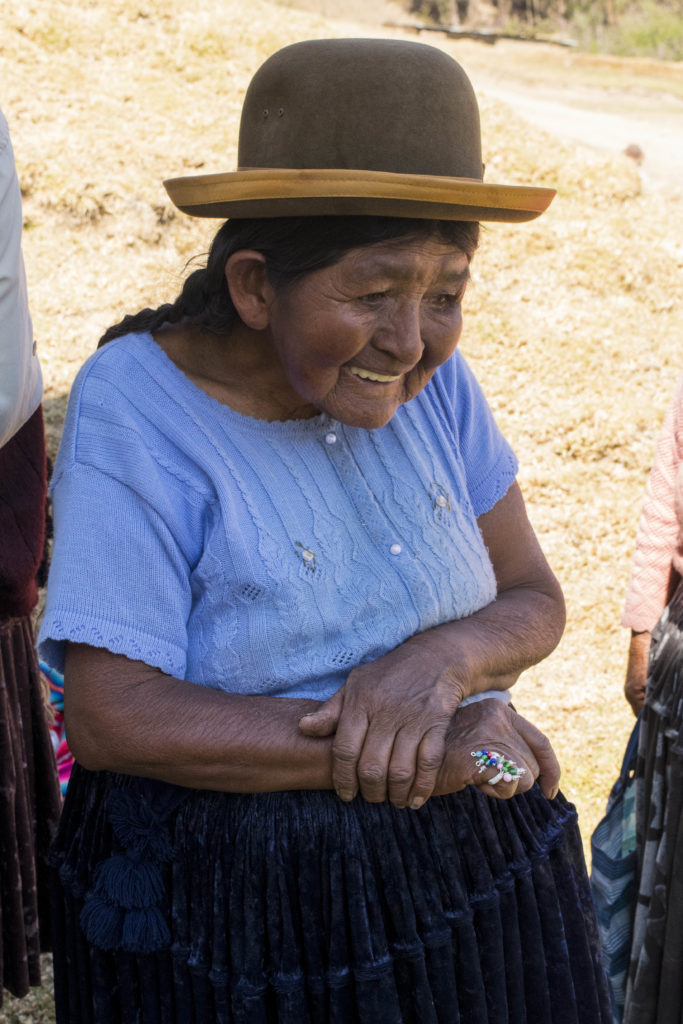At long last, we were able to start classes! Well, not classes exactly. Today, instead of learning new techniques, we reviewed the embroidered jewelry techniques and construction process that the women will be doing to fulfill the jewelry order.
The goal of this week’s “class” is to have the women fulfill an order themselves, start to finish. I am available to offer general help, in case they get stuck, but much of the decisions are made by them.
Today we started working on the order and the women began the process of (truly) working together in a production group. There were many questions about the construction and process of the jewelry piece and the group problem solved the finer details together. While I did answer some questions, most of the questions were answered collectively, amongst themselves.
One of my favorite parts of the day was when Lia showed me the embroidery she did over the weekend for the earrings and said, “I don’t like this one. It isn’t as good as the others. I’m going to do something else instead.”
Self-accountability for the win!
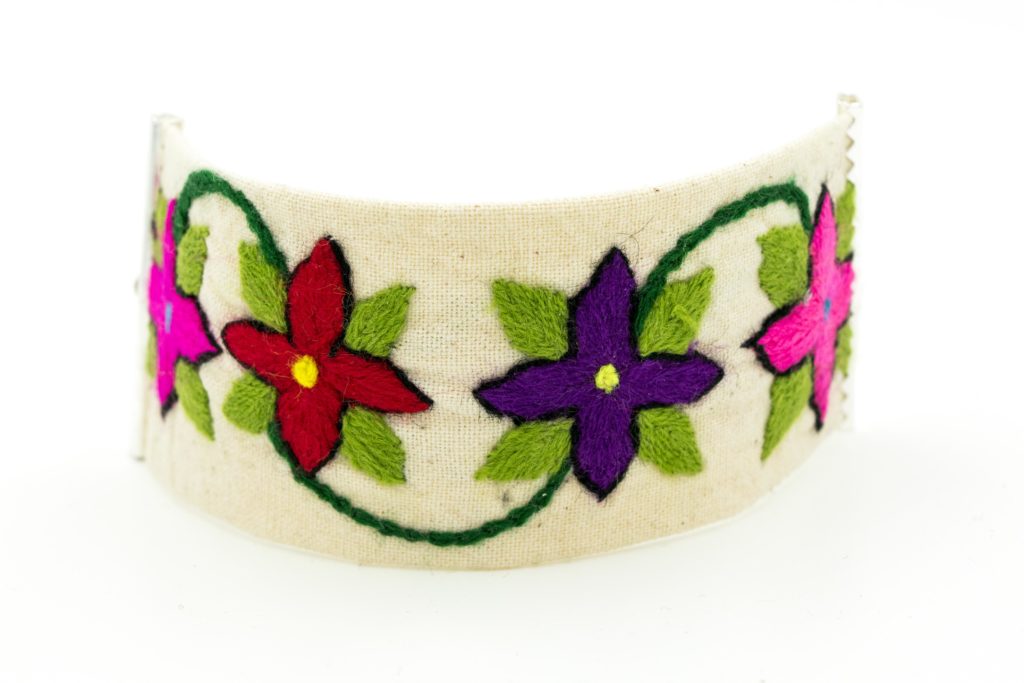
Embroidered Floral bracelet by Lia
Also, as Lia worked on completing a pair of manta earrings and when her first earring was done, all the other women examined it. Lia is a very detailed orientated artist, so there wasn’t anything wrong with the quality, but it was great to see the women stepping into their role as quality control monitors and producers.
Lia is someone who I absolutely adore. Not only is she a terrific artist, she is SO enthusiastic about everything she does. She was the only woman who had all of her earring embroidery finished today and that’s because she worked on it over the weekend. If there’s work- Lia will take it and do it well.
Lia’s in her early 20’s, with one small daughter outside of the prison (she is incarcerated with her husband). Lia was a child of the streets and doesn’t have relatives to help her financially or to sell her mantas. That means Lia has to work twice as hard to get and sell orders. And she does.
She is an incredibly pro-active person. She takes on work, completes it on time, and does an amazing job. There’s no wallowing or “This is hard”. Instead, her attitude is, “How do I do it?” and then she does.
Lia is the youngest woman in the production group and a bit of a goof. She’s always laughing, making jokes, and taking gentle teasing in stride. But she’s also always working- doing what she can for her daughter and to create opportunities for herself and excel.
